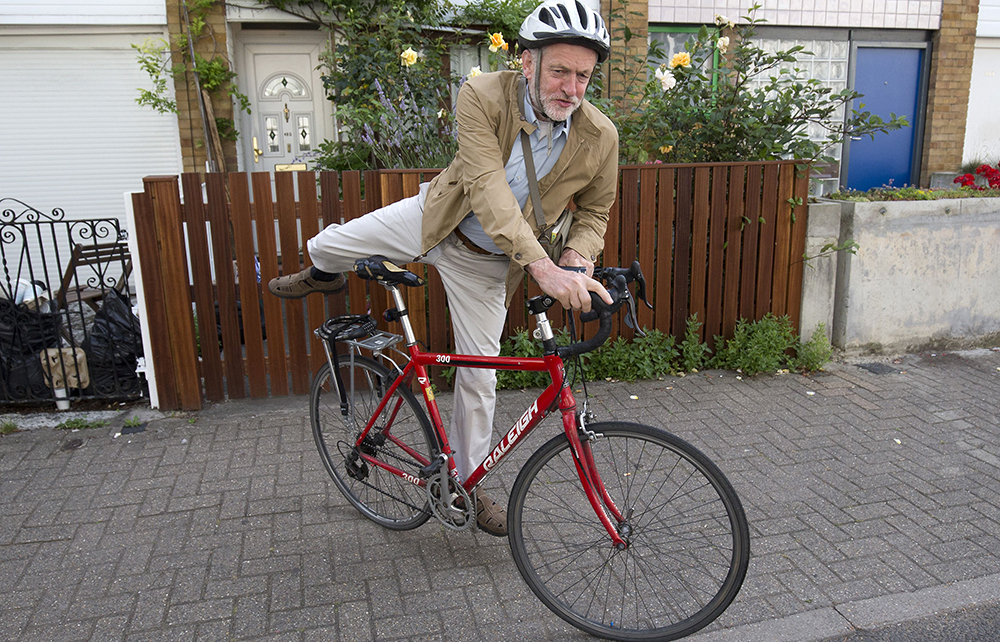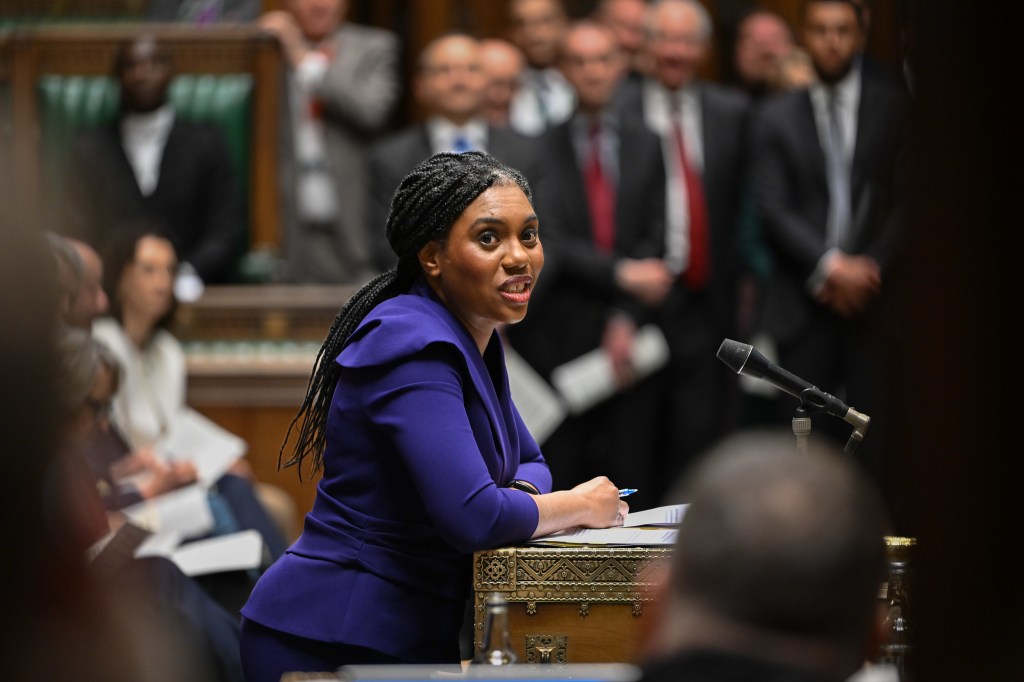Three years ago next month, the journalist Andy Webb put in a Freedom of Information request to the BBC. He asked for material which he believes would expose a new cover-up of the BBC’s behaviour over Martin Bashir’s notorious 1995 Panorama interview with Diana, Princess of Wales. The cover-up in question (there was a much earlier one shortly after the interview first aired) took place, he believes, between September and November 2020, and involved the BBC’s decision to release certain documents, while concealing others. Lord Dyson’s investigation of the saga began shortly afterwards. Some documents which Lord Dyson did see, and published with his report, contain in them clues to other documents which he did not see and led to wider points – for example, the marvellously arresting phrase ‘The Diana story is dead – unless Spencer [Diana’s brother] talks’. Lord Spencer did indeed talk, once he found out he had been falsely and bizarrely accused of conspiring with Bashir in the production of forged bank statements. This untrue accusation was the way the story eventually came out. But the trail leading to some of the most senior people in the BBC has been persistently blocked. Webb’s FoI request was largely refused. His appeal to see material either withheld or redacted will be heard by the relevant tribunal on two days in late June. What is interesting, as well as the search for the truth of the story, is the length to which the BBC is going to prevent this material becoming public. In January, it handed over – with roughly 16,000 redactions and many witholdings – 10,101 pages of data, in 18 volumes, quite possibly the biggest FoI exercise ever conducted, all designed not to reveal but to obscure. By April this year, the BBC had spent £430,034.71 on external legal services alone. All by himself, without legal representation, Andy Webb will be confronted by Monica Carrs-Frisk KC, who is self-described on the website of Blackstone, her chambers, as ‘the silent assassin of cross-examination’. One of the dangers of the process is that the BBC might ‘win’ without proving anything in its favour. It is not practically possible for the tribunal to read the whole thing, so it has been agreed that it study only a sample of the material. Thus the BBC has managed to build up, at licence-payers’ expense, a haystack so huge that it could hide any possible needles. If the regulator can be swamped in this way, he is proved powerless and therefore useless. Surely the board of the BBC should be examining the Corporation’s conduct and expenditure in this case? Surely Parliament, and perhaps ministers, should challenge such behaviour. The BBC is so confident of its investigative integrity that it has even created a unit called Verify. I wonder why it is not making use of its services to unearth its own history.
In 2013, Ian Katz, then the new editor of BBC Newsnight, sent a private message to colleagues, but tweeted it by mistake. It said how good the programme had been, except for ‘boring, snoring Rachel Reeves’. Obviously it was ill-mannered of Mr Katz to speak as he did (even privately) about a guest on his show. On the other hand, has anything happened in the ensuing decade to undermine the accuracy of his original judgment?
There are quite a lot of stories now about funeral companies which jettison the normal high costs of undertakers and offer to get rid of the body at minimal cost, as if it were just a waste disposal job. There are others about the deceased’s ashes being mixed up, lost etc. There are also lots of stories about new moves to bring in assisted ‘dying’ (meaning assisted suicide). There is a link between these things, I suggest – a culture which wants each death as industrialised, streamlined and invisible as possible.
The way cyclists now rule the road is finally coming under sustained attack. They really are dangerous, and the maddening thing is that they don’t know it. Something – their sense of moral superiority? – blinds them to how they can seem to others. It resembles Jeremy Corbyn’s blindness to Labour’s anti-Semitism, caused by his belief that the left is incapable of evil. The current dominance of cyclists in cities reminds me how different was the situation when I first came to London and worked in Fleet Street in 1979. At that time, there was only one cyclist we knew who wore a crash helmet, Adrian Berry, the Telegraph’s science editor. Adrian was also the son and heir of the paper’s proprietor, Lord Hartwell, and we assumed that he had to wear a helmet because there was, almost literally, a price on his head, though actually I think it was merely an aspect of his delightful eccentricity. Wearing a helmet seemed intrinsically comic. The growth of protective headgear and other safety-related kit since those innocent days has made cyclists more aggressive and, of course, incited them to go much faster. Perhaps a law which forbade them to wear helmets would slow them down.
The phrase ‘global majority’ is now used by the Church of England and the National Trust. It is a term intended to have ethnic resonance but, as such, it is cant. There is no global ethnic majority. The global majority of the world population is Asian, but as the continent extends from Franz Josef Land to Singapore and from Israel to Tokyo, it has multiple ethnicities. The only other global majority of the human race that I can think of is, by a narrow margin, men.
Here is the full list of the boys chosen as King’s Scholars to enter Eton this year: Adeboye, Bajpai, Bonney, Cao, Kumar, Ong, Shi, Tan, Turner, Wang, Wang, Wang, Wu, Xu. As someone who got one of these scholarships 55 years ago, I give thanks for the late Chairman Mao, whose Cultural Revolution so cut off his own people from the rest of the world that I was in no danger of having to compete with them.








Comments